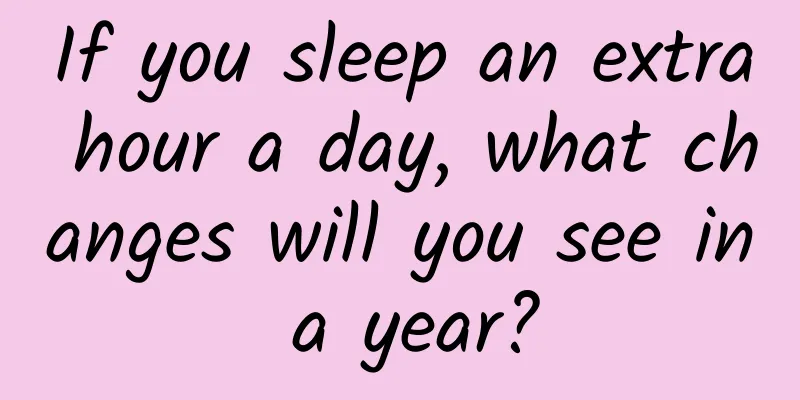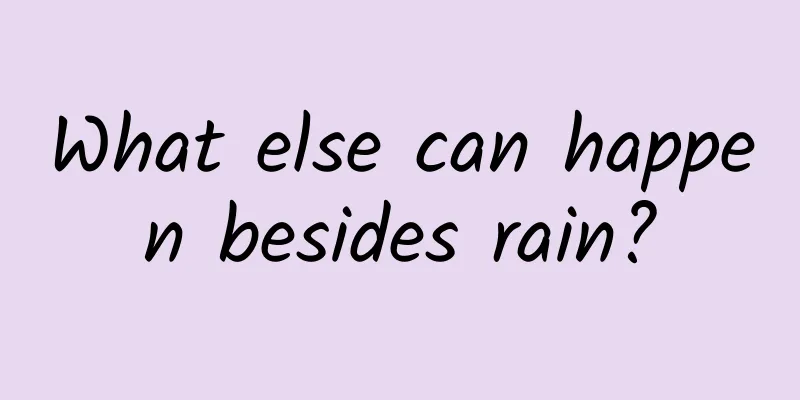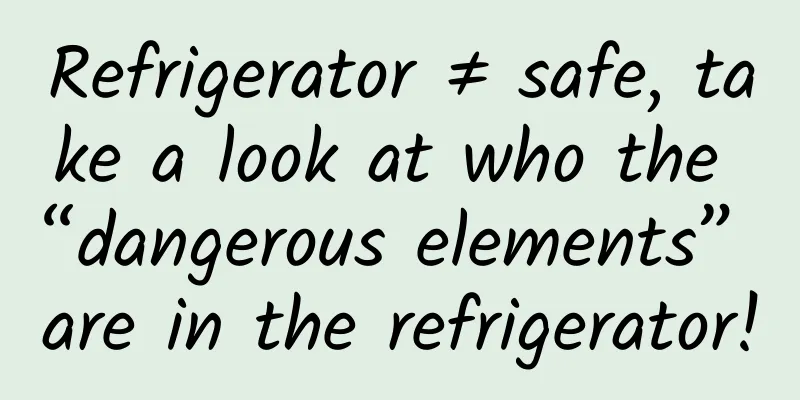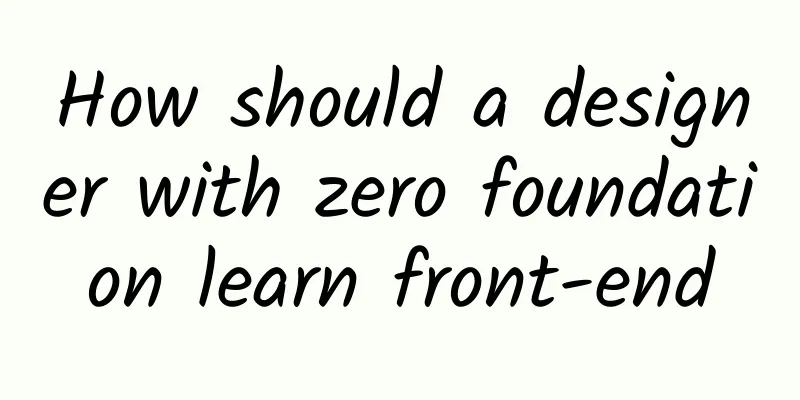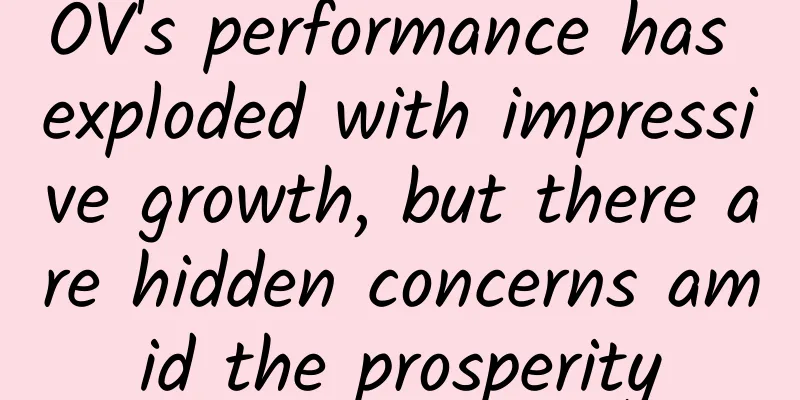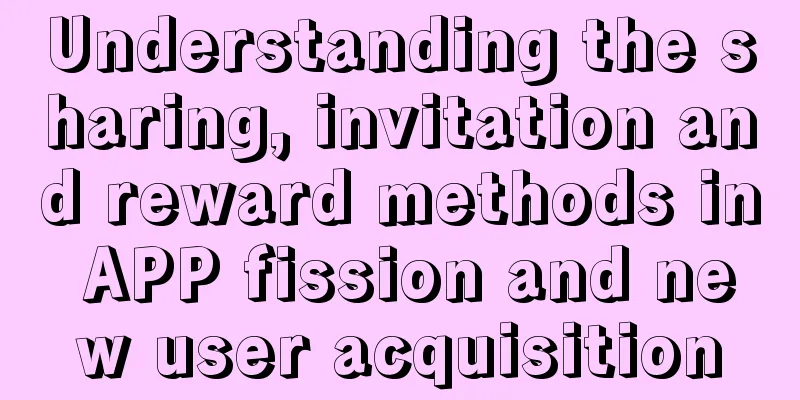Nest founder: "Smart home" is a pseudo-concept, they are just "knowing homes"
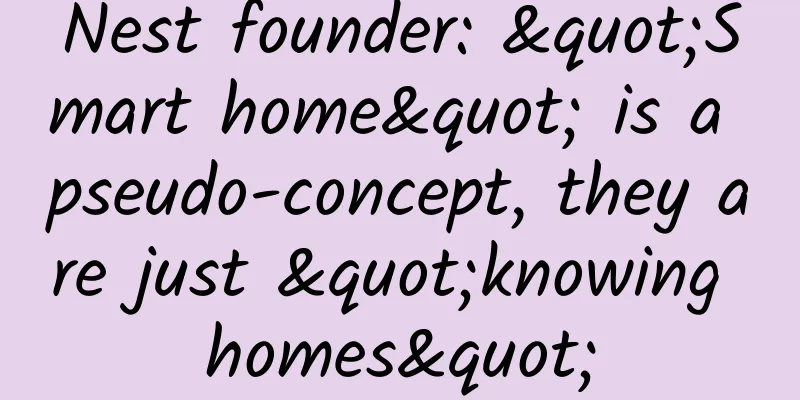
|
Since last year, startups related to "smart home" and "smart hardware" have become popular in China. Nest Labs was undoubtedly the world's leading company in this field at the time. So around August, I contacted them and hoped to have an interview, and they readily agreed. But the progress was not smooth. The interview subject changed from co-founder and CEO Tony Fadell to co-founder and vice president Matt Rogers, and the interview outline was revised several times. Finally, at the end of last year, the other party formally rejected my interview. Everyone knows what happened next. In January this year, Google announced the acquisition of Nest for $3.2 billion. At the recent GigaOM Roadmap Conference, Tony Fadell and GigaOM founder OM Malik talked about the story before and after the acquisition by Google and the changes in the company in the 10 months after the acquisition. At the same time, he also talked about his views on the current smart home and smart hardware startups.
The cultural fusion of Nest and Google: data-driven and intuition-driven Tony said that they officially started the acquisition negotiations with Google in August last year, and the acquisition was officially completed in February this year. During these six months, Tony and Google executives talked most about how to integrate the company culture and how to use Google's huge resources rather than the acquisition amount. When talking about the changes that have taken place in Nest after the acquisition, Tony mentioned three aspects. First, there is more budget for marketing. Nest began to have money to do large-scale TV advertising. If Nest was still an independent company, it would definitely not have such a large marketing budget; second, Nest can coordinate more resources. For example, they just owned an entire office building of their own; third, with the support of Google, Nest acquired several companies such as Dropcam. The above changes are all due to Nest becoming richer after the acquisition. But Tony is more concerned about maintaining the company's culture. Tony came to Silicon Valley in 1991 and was at General Magic. The culture of this company has had a profound impact on Tony to this day. He said that culture is the most sustainable thing: products and companies will change, but culture can always exist. Tony gave an example, saying that the products created by entrepreneurs now may not be worth mentioning in five years. Tony once created the iPod at Apple, but earlier this year Apple announced the discontinuation of the iPod Classic. He did not regret it because a new generation of products, the iPhone, has appeared after the iPod. But maintaining culture does not mean that culture will remain unchanged. Nest has acquired several companies, and the cultures of these companies will be integrated with Nest's culture. Both sides need to change and adapt appropriately. At the same time, after joining Google, Nest's corporate culture and Google's corporate culture will also collide and merge. The biggest cultural clash is that Google is a data-driven company, and all decisions are very rational; while Nest is more design-oriented, and the company has many emotional aspects. Fortunately, after joining Google, Nest can maintain its own practices, and Google CEO Larry Page also fully understands them. Tony believes that relying solely on data will make people lose their intuition, which is closely related to the user's feeling when using the product. However, relying on intuition to make decisions does not mean completely abandoning data. Tony proposed a term: informed intuition, which means that you have an understanding of the data before making a decision, and you also need to find data to support the decision after making it. But at the end of the day, personal intuition is dominant, rather than starting completely from data and doing endless AB testing. In addition to the cultural collision, Nest and Google also merged. For example, in terms of the company assessment system, Nest adopted Google's OKR assessment system. OKR (Objective and Key Results) requires employees to write down the goals and key results for the next quarter, and anything that is not written into the indicators can be refused. Tony said this can help employees learn to say "no". “Smart Home” Being Abused In addition to proposing "knowing intuition", Tony also mentioned "knowing home" to replace "smart home". He believes that the term smart home has been overused, and "smart" gives people a feeling of being smarter than humans, but in fact, these hardware are far from being able to do so. "Knowing home" means that the hardware devices in the home can interact and communicate with people. Tony believes that many smart hardware products are smart for the sake of being smart, or connected for the sake of being connected, which is actually unnecessary. The most important thing is to make a product that can solve the problem and that is acceptable to consumers. When Tony was at General Magic, he and his team were making the "iPhone of 20 years ago," which could receive emails, download apps, etc. However, because it had so many functions and was so advanced, it took them four hours to explain to consumers what the product was for. At the time, the Palm Pilot, which was mainly a mobile address book, had relatively simple functions and was a success. This is actually a question of timing. Tony believes that the most timely product should be one that can solve a core problem at the moment, and then evolve on this product. For example, the iPad did not appear suddenly. Before the iPad, many companies tried tablet products but all failed. The success of the iPad has a lot to do with the foreshadowing of the iPod and iPhone before it. Tony is cautiously optimistic about the upcoming era of smart watches. He believes that the biggest challenge for smart watch products is battery technology. Only when the battery is guaranteed can smart watches provide people with more information and play a greater role. He mentioned that when watches were first invented, people also needed to wind them up constantly. This seems to be an interesting coincidence. |
<<: Changsi Advertising makes full efforts to help "Fishing Master 3" win the championship again
>>: Will the ill-fated Tizen make a comeback in low-end phones?
Recommend
33 essential professional terms for information flow advertising, you may not have heard of the first one!
Today, we have compiled 33 professional terms tha...
Hangzhou’s new talent policy in 2020: a maximum of 8 million yuan in housing purchase subsidies and a one-time living allowance of 50,000 yuan!
We learned from the Talent Office of the Hangzhou...
5 methods to teach you how to effectively improve retention rate, TikTok and PUBG are using them!
This article will discuss in detail how to system...
10 Trend Predictions for Influencers and Influencers in 2020
2019 was the year when major internet celebrities...
Does Tudou.com need authorization to use Renren Films subtitles?
Recently, Renren Film Subtitle Group posted a mic...
Answers to 31 difficult questions about Xiaohongshu’s monetization and operations!
As more and more brands and organizations flock t...
How to attract new users through APP user operations?
How will we leverage the momentum, coordinate res...
Does a tree, a bamboo patch, or a bush count as a forest? The answer is surprising!
Forests have been silently supporting human survi...
Advertising plan planning and proposal skills and methodology!
A certain educational client is a well-known onli...
3 basic elements of community operation and 11 cases
Community is an area that almost all Internet pro...
Linghua, I am watching the drama online like everyone else, what is going on? Finally the truth is revealed, it turns out to be like this!
Linghua responded with a like: I am eating melons...
Google self-driving car theft case progresses: Uber engineer may face criminal charges
Anthony Levandowski, the man at the center of Alp...
Is it always fun to be on vacation? Not necessarily!
The May Day holiday is coming to an end in the bl...
What is the minimum monthly consumption for 400 calls?
According to the data collected by customer servi...
